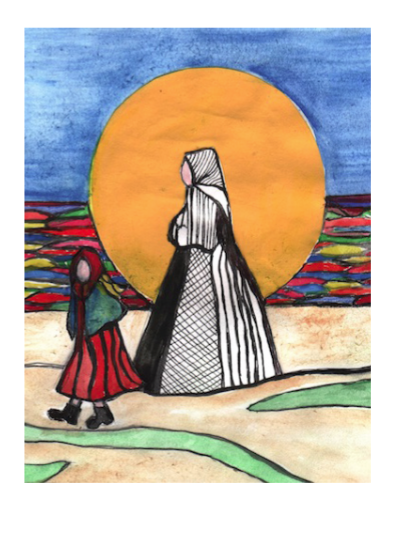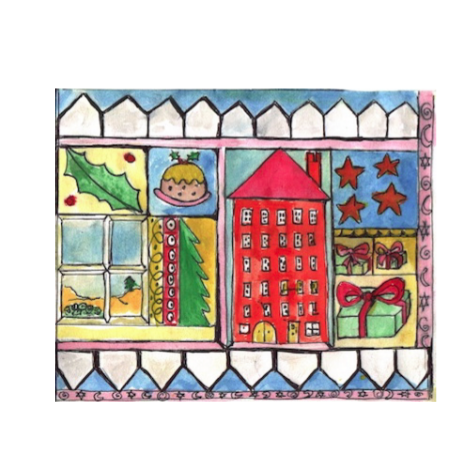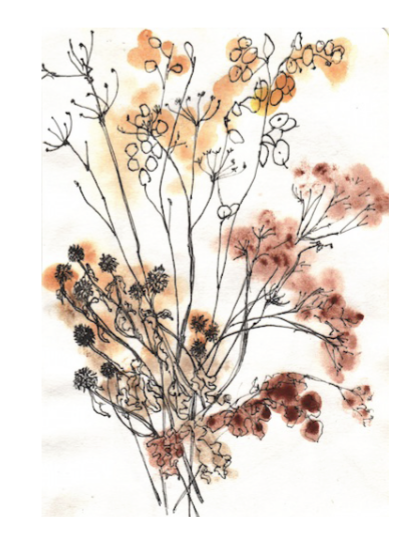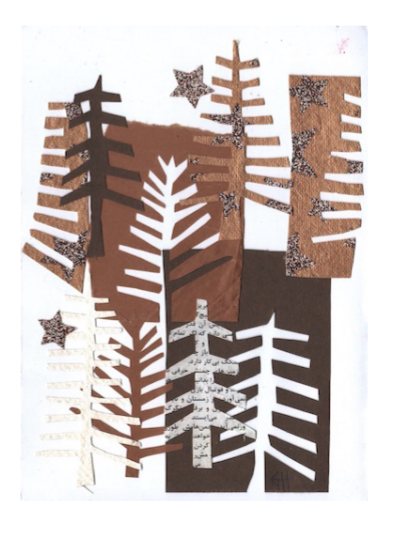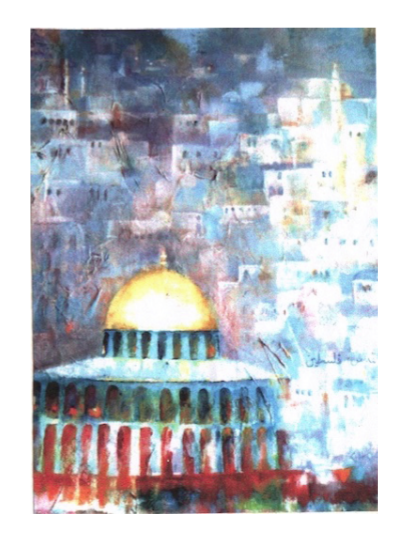November is drawing to a close, as I am sure you have already noticed. We are all currently dragging our way through lockdown 2.0. I hope that you are surviving it whether you are a key (read “underpaid”) worker or whether you are, like me, fortunate enough largely to be able to stay at home.
Cup of Kindness
Because no doubt I am not the only one feeling less than cheerful, I’m going to give you some good news. I have not reported on the cup of kindness campaign for a while. It has been a rip roaring success. This time last year we had about £2500 in regular monthly donations. We now have just under £3000 coming in every month. To have managed to achieve that despite all the uncertainty caused by
coronavirus is a phenomenal achievement. It is not only the result of the tireless work of the entirely voluntary team at T4K, it is also a testament to the depth of people’s commitment to kindness and hospitality. It shows just how little the UK establishment’s desire to keep people out and deny refuge resonates with a large section of the UK population.
There is room to expand. We still haven’t hit our initial target of a thousand donors. Indeed, if our treasurer, Jim, is to be believed there are less than 500 donors. I think that he may not be counting the hundred donors that donate by direct debit rather than standing order, but even so this project still has room to grow. (I should also learn not to doubt Jim. He’s always right. He’s good like that). Christmas is coming and, who knows, one or two people might be tempted to give the gift of a home this year.
Christmas is Coming
Speaking of Christmas, we have Christmas cards for sale on our brand-new, beautiful website. There are eight designs to choose from. They are £1 per card. You can still buy our gorgeous reusable, handmade masks. They will make a better gift than soaps and scarfs this year. We are also hoping to develop a range of Christmas themed masks, so keep your eyes peeled on our website and social media. We might even branch out into tote bags.
The first in our “citizens of the world in conversation” series was a fantastic success. Huge thanks must go to one of newest volunteers, Hanna, for organising and being a great interviewer and even bigger thanks to author and activist, Danny Ramadan for being such an interesting guest. You can catch the second in the series on Tuesday, 22 December at 7 o’clock when Mr Jana of the Tamil Welfare Association in Newham will be in conversation with Frances Webber of the Institute of Race Relations. It promises to be a fantastic conversation. They will be discussing 40 years of changes to the UK border as well as 40 years of resistance. Among other things they will be discussing the last time the British government used a ferry as a floating detention centre for refugees. That was back in 1987. Let’s hope that the current plans to do the same come to nothing.
Rights and Entitlements
It’s not just lockdown that has been geting me down. It’s also the relentless crackdown on anyone perceived to be a “migrant”. It is extraordinary that in the same month in which the EHRC releases their investigation into the hostile environment finding that the policy and legislation breached The Home Office’s Public Sector Equality Duty, the Home Office can announce a charter flight to Jamaica. Let’s not forget, that’s a bland way of putting it. What it actually means is that they snatch you away from your family, lock you in detention and do everything they can to get you out of the country. We know from the Windrush scandal that this “procedure” results not only in people losing their right to be with their partners and children, it also exiles British citizens. The policy would be horrific, even if it didn’t result in such abuses. The bulk of the people on those flights are so-called “foreign national offenders”. Those foreign national offenders are people who have made a life for themselves in Britain. They were very often born here. It is not acceptable for a justice system to punish some people twice for the same crime. Whatever you think about prison, if you send a “British” person to prison, at the end of their sentence they are released back to their family and encouraged to rehabilitate themselves into the community. If you send a “foreign” person to prison for the same offence, at the end of their sentence they are sent into exile. It is a fundamental injustice.
Among many problems of the UK border is that it undermines any democratic foundation to which a state can lay claim. I have been reading Hannah Arendt again, so you are going to have to forgive the slightly garbled ideas that I am about to produce. In a democratic republic, the relationship between the state and the citizen is tempered by the citizen’s possession of rights. For those rights to be rights and not mere entitlements, the rights have to be universal. That’s not to say that they have to be granted to everybody in the world anywhere. Fortunately, no state has the power to do that. It is to say that those rights have to belong to anybody subject to the force of that state’s law. In other words, if the state claims any power over you, it must also acknowledge and respect your rights. It means that in a democratic republic, being present is sufficient to make you a citizen.
It also means that the alternative conception of citizenship, the romantic, and perhaps racist, conception of membership in the nation being determined by ties of blood or ties to the soil is undemocratic. Instead of rights, those who belong to the nation are entitled to certain goods. But those goods are given at the behest of the state. Even if one were to insist that liberty of conscience, for example, was the birthright of every true born Englishman, you would first need to establish that you were a true born Englishman before the state granted you that liberty. You would have to prove that you were entitled to it. Of course, it would also be in the state’s power to decide whether or not you had earned your entitlement to that liberty of conscience. Allowing the state to treat “native” and “foreign” citizens differently requires a retreat from a democratic system of rights. It hands sovereignty from the citizens to the state and requires the individual to prove that she is worthy of protection. It’s no surprise that the Home Office want to rebrand their border policy, “the compliant environment“.
In some ways more is its stake than whether or not we live in a kind or cruel society. It’s not just whether or not we live in a hostile or hospitable world. It is also a question of who has power, the state or the citizen. We should resist the removal of “foreign national offenders” or people found rough sleeping, not just because it’s a cruel thing to do to those people, though it is, but because it shifts society away from a rights-based democracy towards citizens who have to prove that they comply with the state if they are to be given the protection of the law. If that’s not a good enough reason, to get your friends to donate a cup of kindness this Christmas, I’ll eat my (santa) hat.


